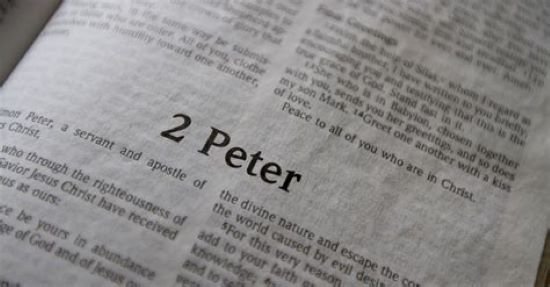Having set forth the orthodox teaching concerning election and reprobation, the Synod rejects the errors of those . . .
V. Who teach that the incomplete and nonperemptory* election of particular persons to salvation occurred on the basis of a foreseen faith, repentance, holiness, and godliness, which has just begun or continued for some time; but that complete and peremptory election occurred on the basis of a foreseen perseverance to the end in faith, repentance, holiness, and godliness. And that this is the gracious and evangelical worthiness, on account of which the one who is chosen is more worthy than the one who is not chosen. And therefore that faith, the obedience of faith, holiness, godliness, and perseverance are not fruits or effects of an unchangeable election to glory, but indispensable conditions and causes, which are prerequisite in those who are to be chosen in the complete election, and which are foreseen as achieved in them.
This runs counter to the entire Scripture, which throughout impresses upon our ears and hearts these sayings among others: Election is not by works, but by him who calls (Rom. 9:11-12); All who were appointed for eternal life believed (Acts 13:48); He chose us in himself so that we should be holy (Eph. 1:4); You did not choose me, but I chose you (John 15:16); If by grace, not by works (Rom. 11:6); In this is love, not that we loved God, but that he loved us and sent his Son (1 John 4:10).
________________________________________
At this point, the authors of the Canons are responding to one of the more technical forms of Arminianism, then prevalent in the Netherlands. Here again, the primary error to be refuted is the attempt to locate the ground, or basis, for God’s election in a free action of the creature to which God responds. In this particular species of Arminianism, it was argued that God elected to save those who will believe the gospel and who will persevere in faith to the end. God’s decree is therefore a general decree to save those who do, in fact, believe, repent, and live in holiness before God.
To read the rest, follow the link below
Read More















